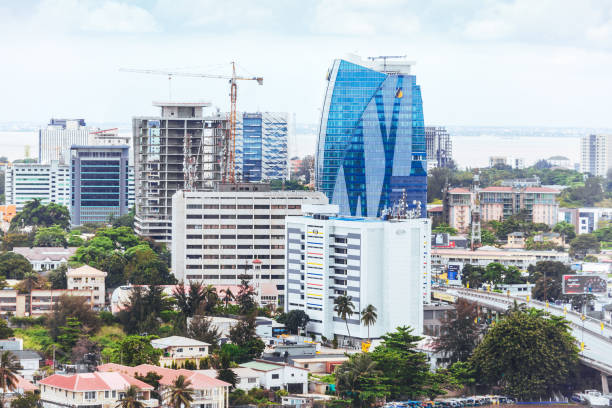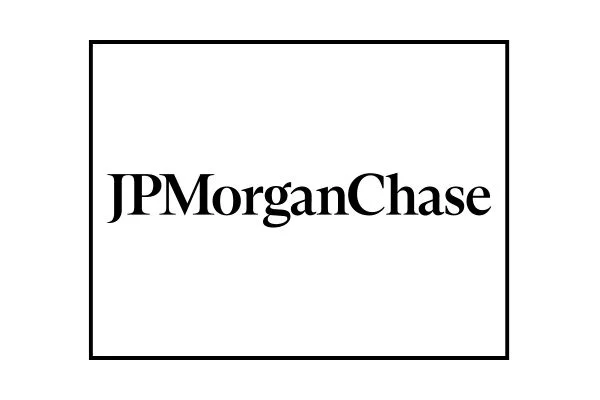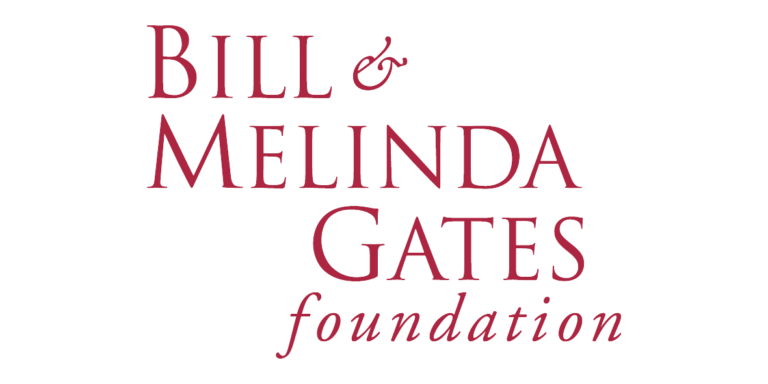Nigeria’s business landscape continued its upward momentum in June 2025, with the June Business Performance Index rising to 113.6 points, up from 109.8 in May, according to the NESG–Stanbic IBTC Business Confidence Monitor (BCM) report.
This marks the sixth consecutive monthly expansion, signaling sustained economic resilience, with the index firmly above the 100-point mark that separates growth from contraction.
The rise reflects growing investor confidence, easing inflationary pressures, and a more stable macroeconomic environment. Yet, structural constraints, including limited financing, power supply issues, and foreign exchange volatility, persist as significant hurdles.
Also Read:
- Nigeria's Economic Reforms Have Failed to Win Investor Confidence
- Survey Reveals Investor Optimism on Nigeria’s Oil and Gas Reforms, But Stresses Need for…
- Hostile Business Environment Sustaining Weak Business Performance in Nigeria - NESG Report
- CIS growth signals rising confidence in Nigeria’s capital market
Business Sentiment Hits All-Time High
The Business Confidence Measure, capturing expectations for the next 1–3 months, soared to 134.5 points in June, the highest level recorded in 2025.
Among sectors, Manufacturing (160.4 points) leads in future expectations, followed by Trade (158.0) and Non-Manufacturing (153.5). Despite lagging behind, Services (122.3) and Agriculture (132.2) also reported improved outlooks compared to May.
Manufacturing Leads Expansion Amid Structural Headwinds
With an index of 123.6 points, Manufacturing remains Nigeria’s top-performing sector in June, showing robust expansion from 114.4 in May. Key contributors include the Textile, Cement, and Plastics sub-sectors, which lifted the sector despite rising costs of imported materials and energy.
Manufacturers cited persistent challenges such as raw material scarcity, power outages, high tariffs, insecurity, and foreign exchange instability. These constraints have elevated production costs and stifled small-scale operations, particularly in vehicle assembly and electrical equipment.
Trade Rebounds on Retail Strength
The Trade sector improved notably in June, posting 121.0 points, up from 114.1 in May. This was largely driven by a sharp rebound in the Retail sub-sector, which climbed to 111.7 points, exiting contraction after a sluggish May. Wholesale trade also remained strong at 130.3 points.
Traders reported increased demand for consumer goods—buoyed by festival-related spending—but continued to struggle with financing gaps, volatile prices, and logistics disruptions, which undermine competitiveness and growth potential.
Non-Manufacturing Growth Slows but Stays Positive
Non-manufacturing industries, including Oil & Gas, Construction, and Energy Services, posted a moderate 120.7 index score, slightly down from 122.2 in May. While still expanding, the sector’s pace slowed due to a credit squeeze, high diesel costs, and exchange rate pressure on imported inputs.
Only Oil and Gas Services posted an improvement in June. Other sub-sectors showed signs of stress, with the “Others” category slipping into contraction (98.4 points). Businesses flagged infrastructure gaps and policy inconsistencies as major impediments.
Agriculture Rebounds from Contraction
After dipping into contraction in May, Agriculture rebounded in June with an index of 108.9 points. This recovery was fueled by Crop Production (109.6) and enhanced livestock activity, supported by wet-season planting and agro-processing interventions.
Yet, agribusinesses still face stiff challenges: limited financing, power instability, high operational costs, and insecurity. Fishing remained the only sub-sector in contraction. Notably, the sector’s cost-of-doing-business index surged to 136.3, highlighting rising burdens.
Services Sector Maintains Modest Expansion
Services edged up to 106.3 points in June from 104.5 in May, bolstered by gains in Broadcasting and Real Estate. However, Telecommunications remained in contraction due to energy cost inflation, foreign exchange burdens, and delayed tariff reviews.
Businesses in the Services sector continue to navigate a challenging terrain marked by logistics bottlenecks, high security risks, and currency volatility, which have undermined competitiveness despite gradual improvements.
The NESG-Stanbic IBTC BCM reveals a broadly positive outlook for Nigeria’s economy in mid-2025. Business performance remains strong, and confidence in future growth is at a record high. However, persistent systemic challenges, especially around access to capital, energy infrastructure, transport cost, naira volatility, and policy clarity, must be addressed to sustain and broaden the expansion.


























